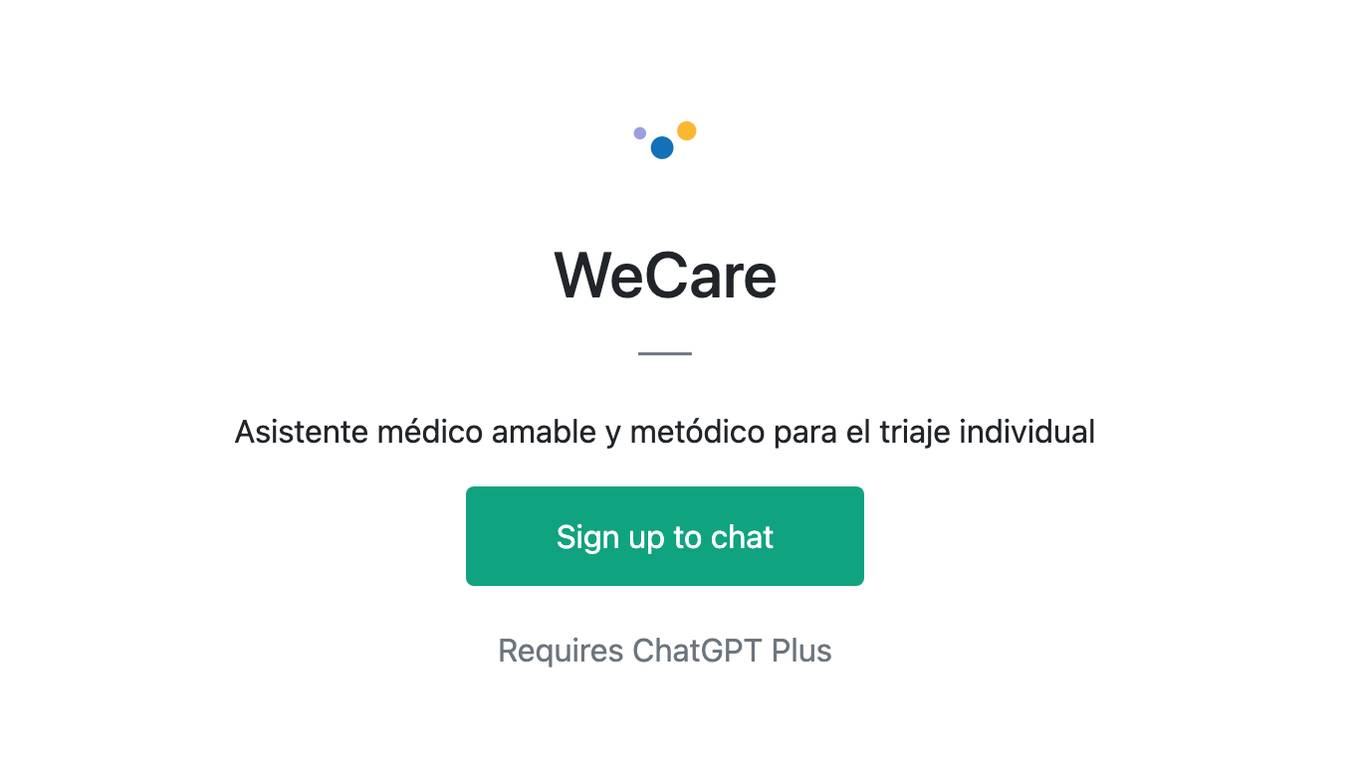Best AI tools for< Refer To A Doctor >
20 - AI tool Sites

Site Not Found
The website page seems to be a placeholder or error page with the message 'Site Not Found'. It indicates that the user may not have deployed an app yet or may have an empty directory. The page suggests referring to hosting documentation to deploy the first app. The site appears to be under construction or experiencing technical issues.

Cloudhumans
The website en.cloudhumans.com is experiencing a DNS issue where the IP address is prohibited, causing a conflict within Cloudflare's system. Users encountering this error are advised to refer to the provided link for troubleshooting details. The site is hosted on the Cloudflare network, and the owner is instructed to log in and change the DNS A records to resolve the issue. Additionally, the page provides information about Cloudflare Ray ID and user's IP address, along with performance and security features by Cloudflare.

404 Error Notifier
The website displays a 404 error message indicating that the deployment cannot be found. It provides a code 'DEPLOYMENT_NOT_FOUND' and an ID 'sin1::zdhct-1723140771934-b5e5ad909fad'. Users are directed to refer to the documentation for further information and troubleshooting.
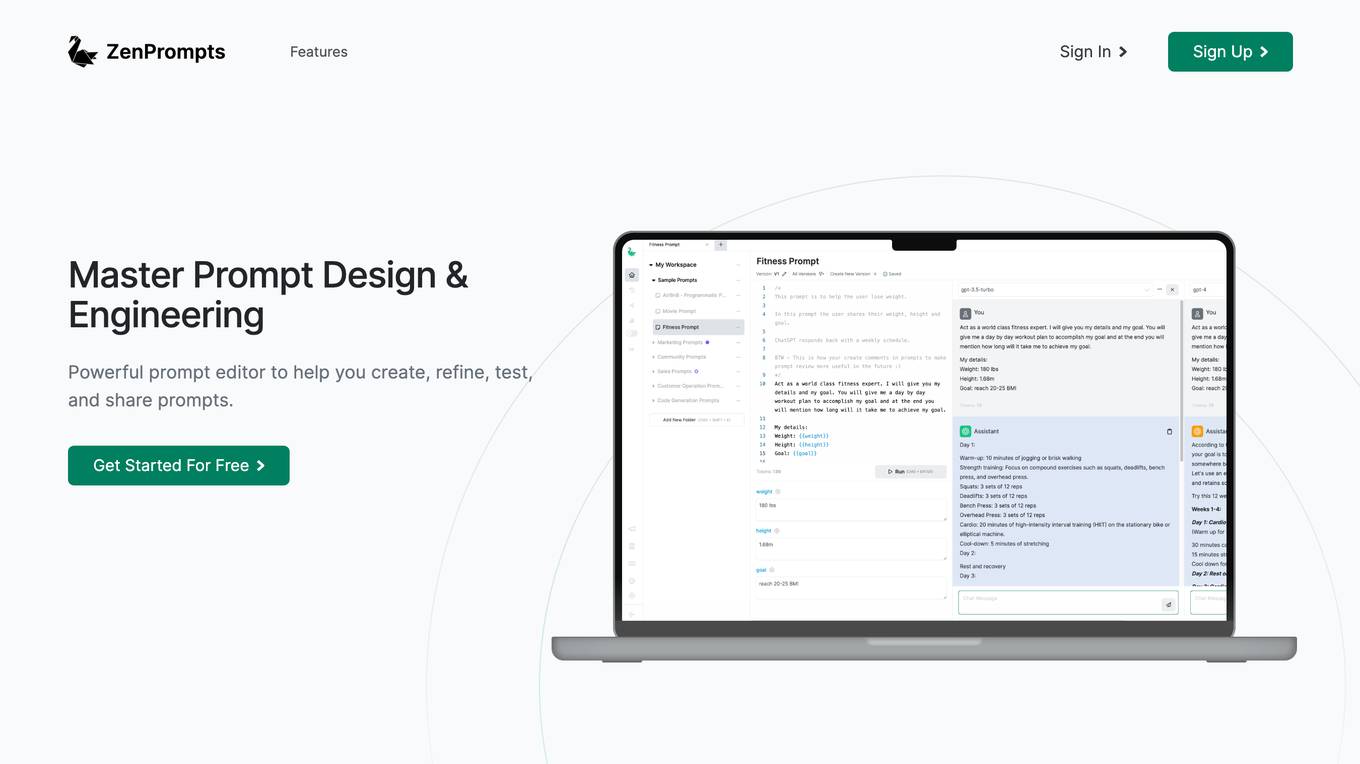
404 Error Assistant
The website displays a 404 error message indicating that the deployment cannot be found. It provides a code (DEPLOYMENT_NOT_FOUND) and an ID (sin1::tszrz-1723627812794-26f3e29ebbda). Users are directed to refer to the documentation for further information and troubleshooting.
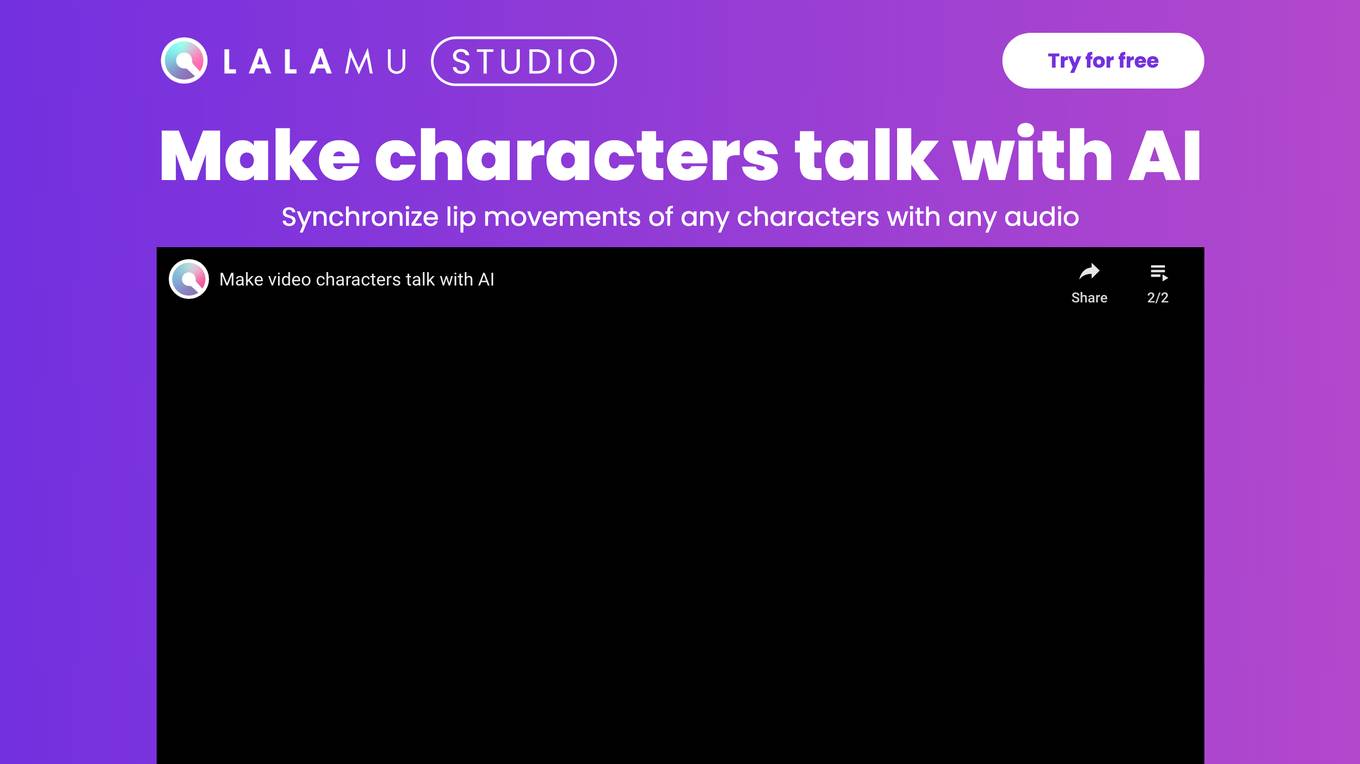
Error 404 Not Found
The website displays a '404: NOT_FOUND' error message indicating that the deployment cannot be found. It provides a code 'DEPLOYMENT_NOT_FOUND' and an ID 'sin1::t6mdp-1736442717535-3a5d4eeaf597'. Users are directed to refer to the documentation for further information and troubleshooting.

404 Error Page
The website displays a 404 error message indicating that the deployment cannot be found. Users encountering this error are advised to refer to the documentation for more information and troubleshooting.
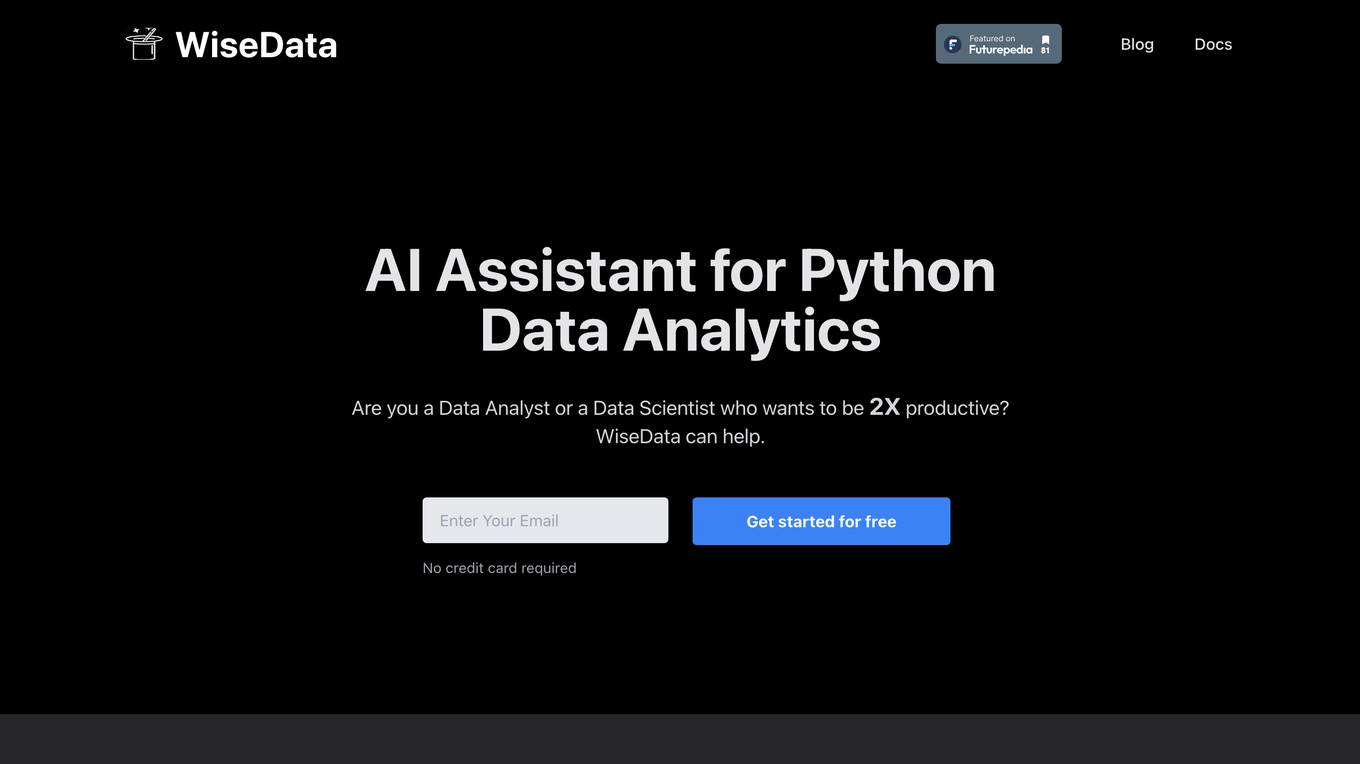
404 Error Page
The website displays a '404: NOT_FOUND' error message indicating that the requested deployment cannot be found. It provides a code 'DEPLOYMENT_NOT_FOUND' and an ID 'sin1::ntr94-1757093026322-fb2ff649aac2'. Users are directed to refer to the documentation for further information and troubleshooting.

404 Error Page
The website displays a 404 error message indicating that the deployment cannot be found. Users encountering this error are directed to refer to the documentation for more information and troubleshooting.

404 Error Page
The website displays a 404 error message indicating that the deployment cannot be found. It provides a code (DEPLOYMENT_NOT_FOUND) and an ID (sin1::hfkql-1741193256810-ca47dff01080). Users are directed to refer to the documentation for further information and troubleshooting.

LLMChess
LLMChess is a web-based chess game that utilizes large language models (LLMs) to power the gameplay. Players can select the LLM model they wish to play against, and the game will commence once the "Start" button is clicked. The game logs are displayed in a black-bordered pane on the right-hand side of the screen. LLMChess is compatible with the Google Chrome browser. For more information on the game's functionality and participation guidelines, please refer to the provided link.

404 Error Page
The website displays a '404: NOT_FOUND' error message indicating that the requested deployment cannot be found. It provides a code 'DEPLOYMENT_NOT_FOUND' and an ID 'sin1::lmmss-1741279839229-d64d8958cb1b'. Users are directed to refer to the documentation for further information and troubleshooting.

404 Error Page
The website displays a 404 error message indicating that the deployment cannot be found. It provides a code (DEPLOYMENT_NOT_FOUND) and an ID (sin1::mk7hv-1736442739549-625ea5452a6a). The message advises users to refer to the documentation for further information and troubleshooting.
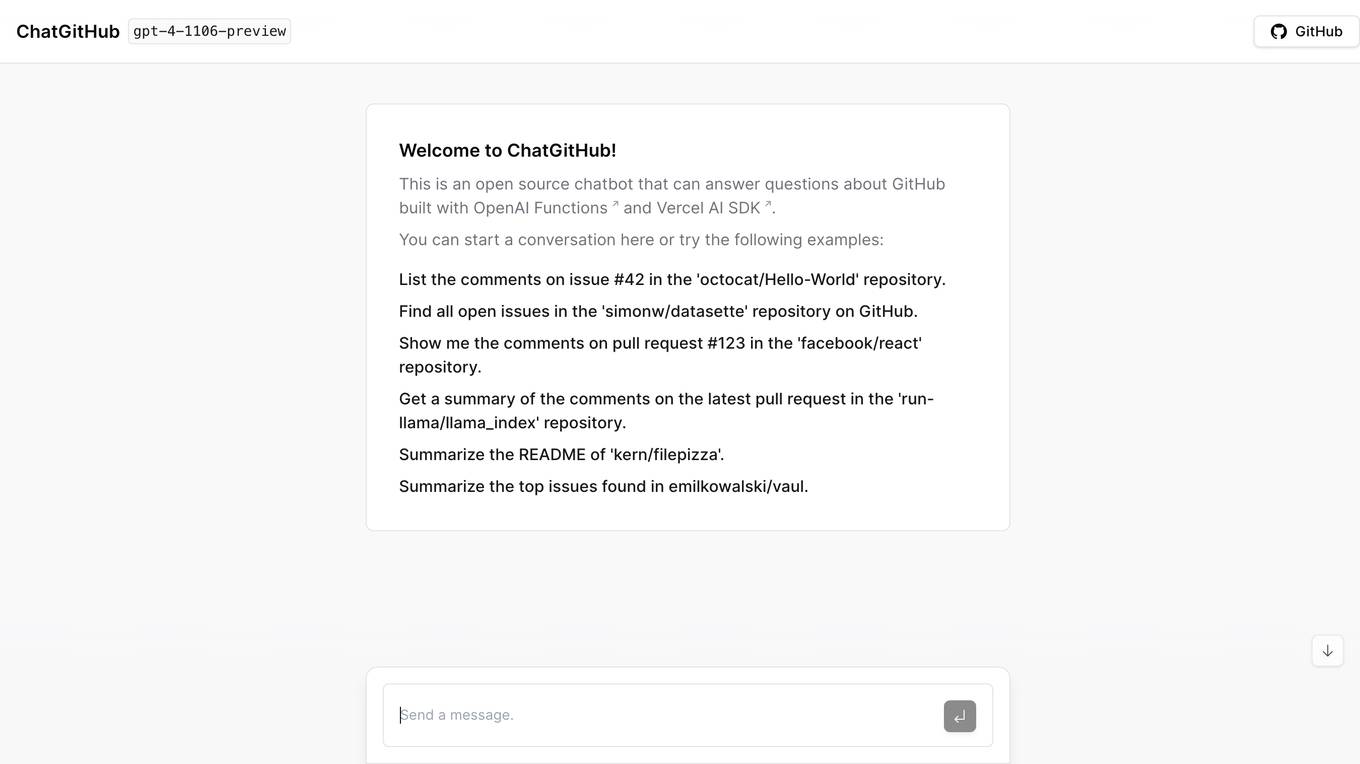
404 Error Page
The website displays a '404: NOT_FOUND' error message indicating that the deployment cannot be found. It provides a code 'DEPLOYMENT_NOT_FOUND' and an ID 'sin1::z2jxr-1736614143090-03728368920f'. Users are directed to refer to the documentation for further information and troubleshooting.

404 Error Assistant
The website displays a 404 error message indicating that the deployment cannot be found. Users encountering this error are advised to refer to the documentation for more information and troubleshooting.
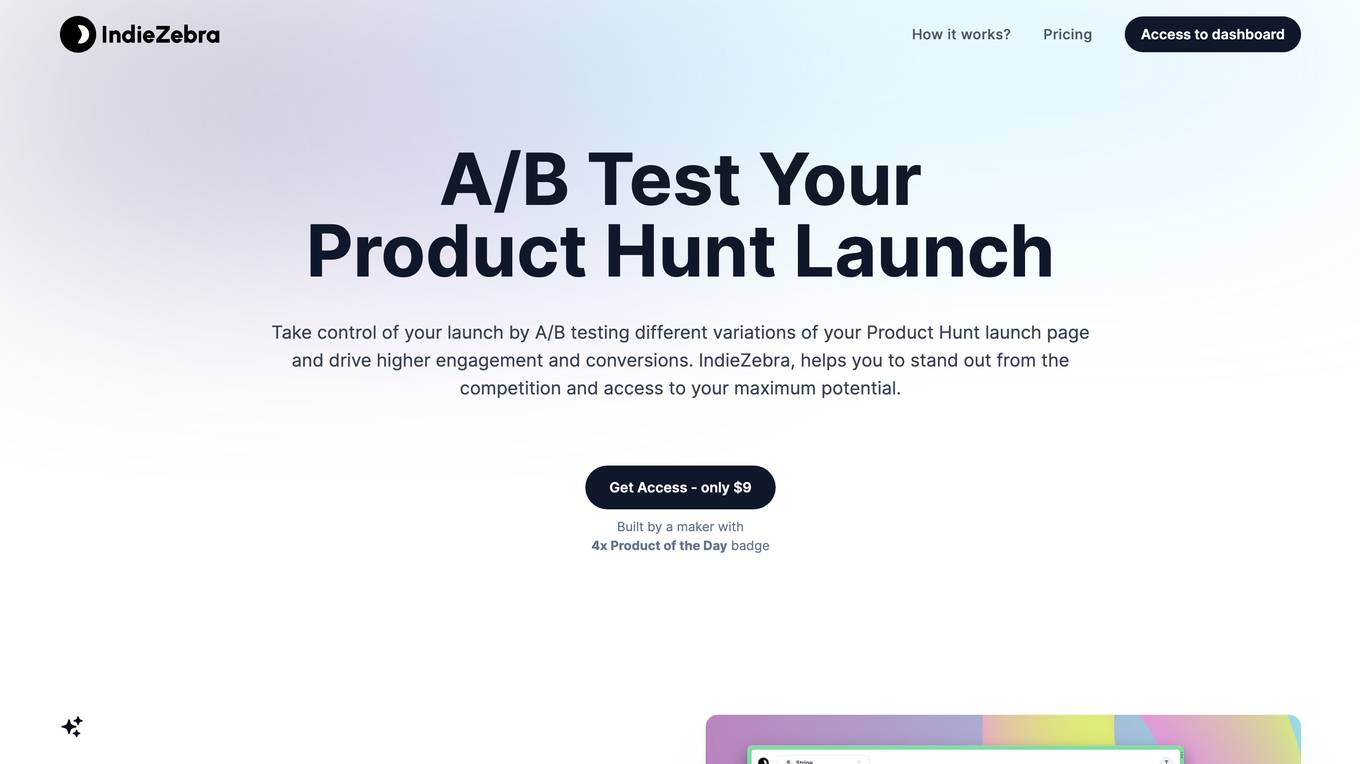
Indiezebra
Indiezebra.com is a website that is currently for sale. The website serves as a platform for selling the domain name indiezebra.com. The webpage was created using Sedo Domain Parking. Please note that Sedo, the domain parking service, is not affiliated with any third-party advertisers. The website does not endorse or recommend any specific service or trademark. For more information, refer to the privacy policy.
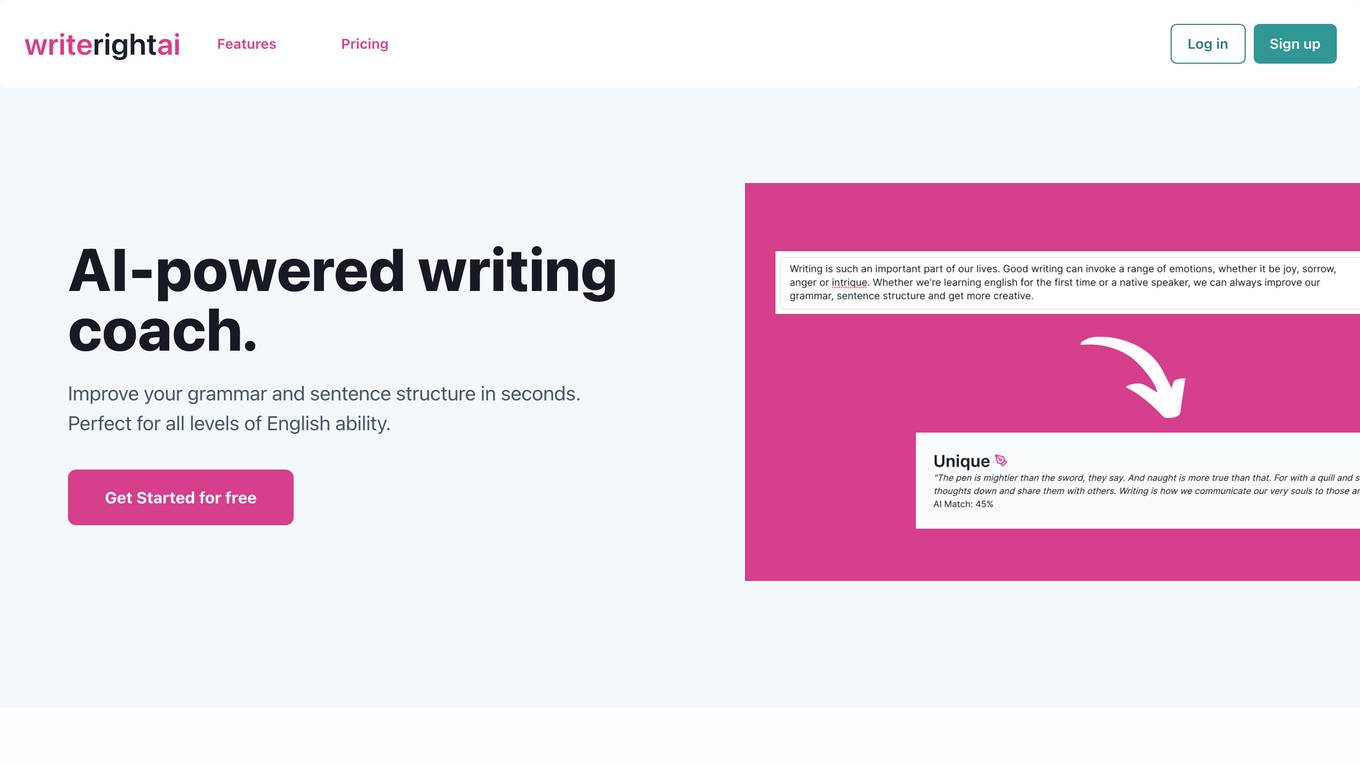
Error Resolver
The website displays a '404: NOT_FOUND' error message along with a code and ID indicating a deployment not found. Users are directed to refer to the documentation for further information and troubleshooting.

Pare
Pare is a website that is currently in private testing phase. It is not accessible to the public at the moment. The website provides limited information, with a message thanking visitors for stopping by and informing them to check back later. The site mentions that it is in private testing and provides contact information for the team. The website seems to be a platform or service that is not yet fully launched, and its purpose or features are not clearly stated.
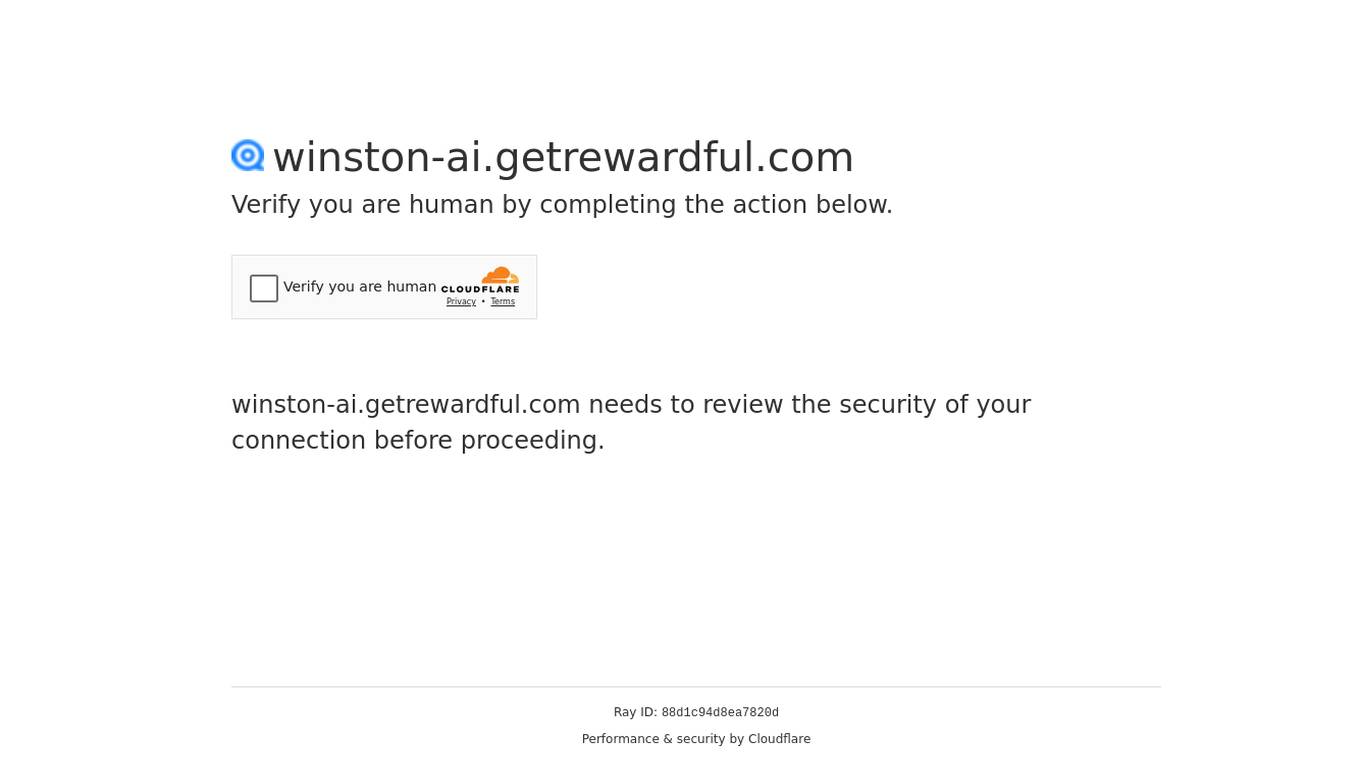
Winston AI
Winston AI is an AI-powered platform offering an affiliate program for detecting AI-generated content. Users can sign up to refer paying customers and earn a 40% commission on all payments within the first 12 months. The platform prohibits the use of paid advertisements that may rival their marketing efforts. Powered by Rewardful, Winston AI provides a seamless experience for affiliates to promote and earn from the software.
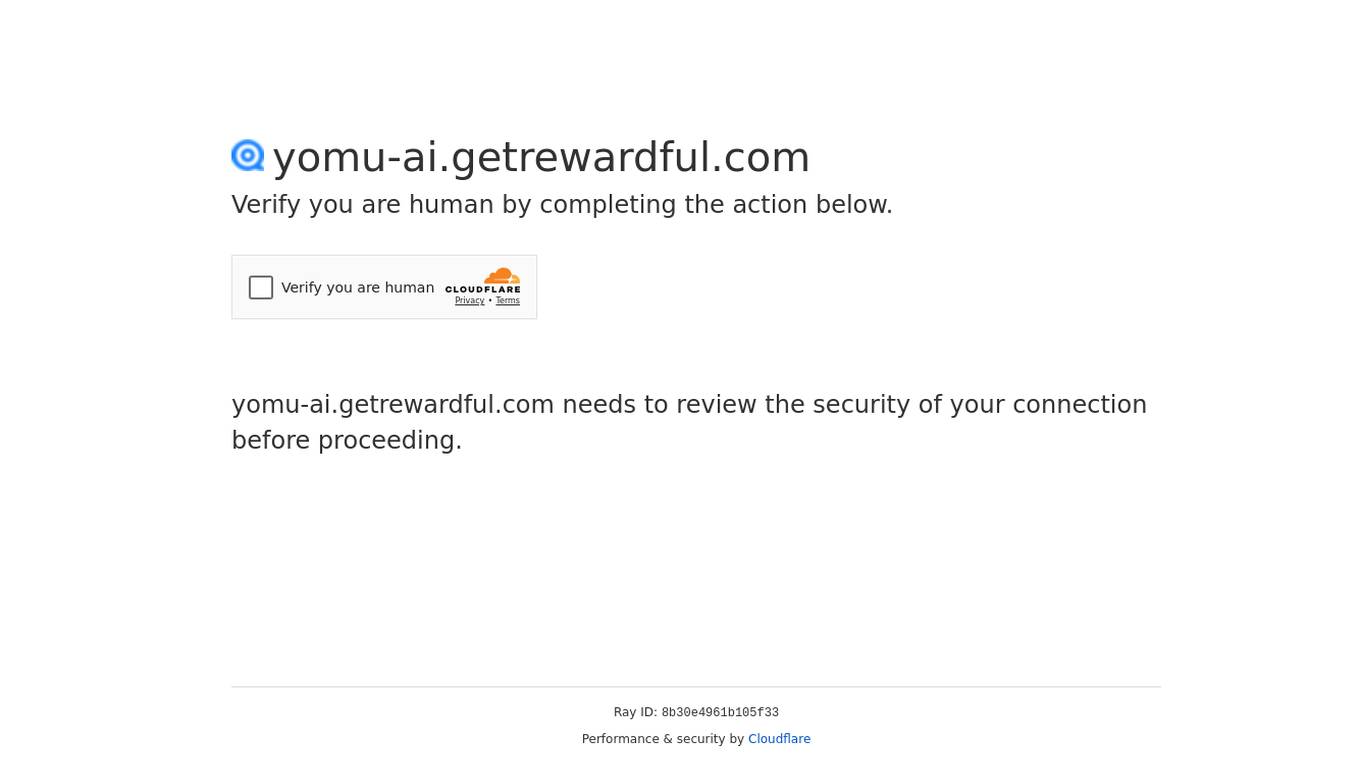
Yomu AI
Yomu AI is an AI application that offers an Ambassador Program where users can earn a commission for referring paid customers. The platform requires users to sign up or log in to access its features. Yomu AI Ambassador Program is powered by Rewardful and incentivizes users to promote the AI tool.
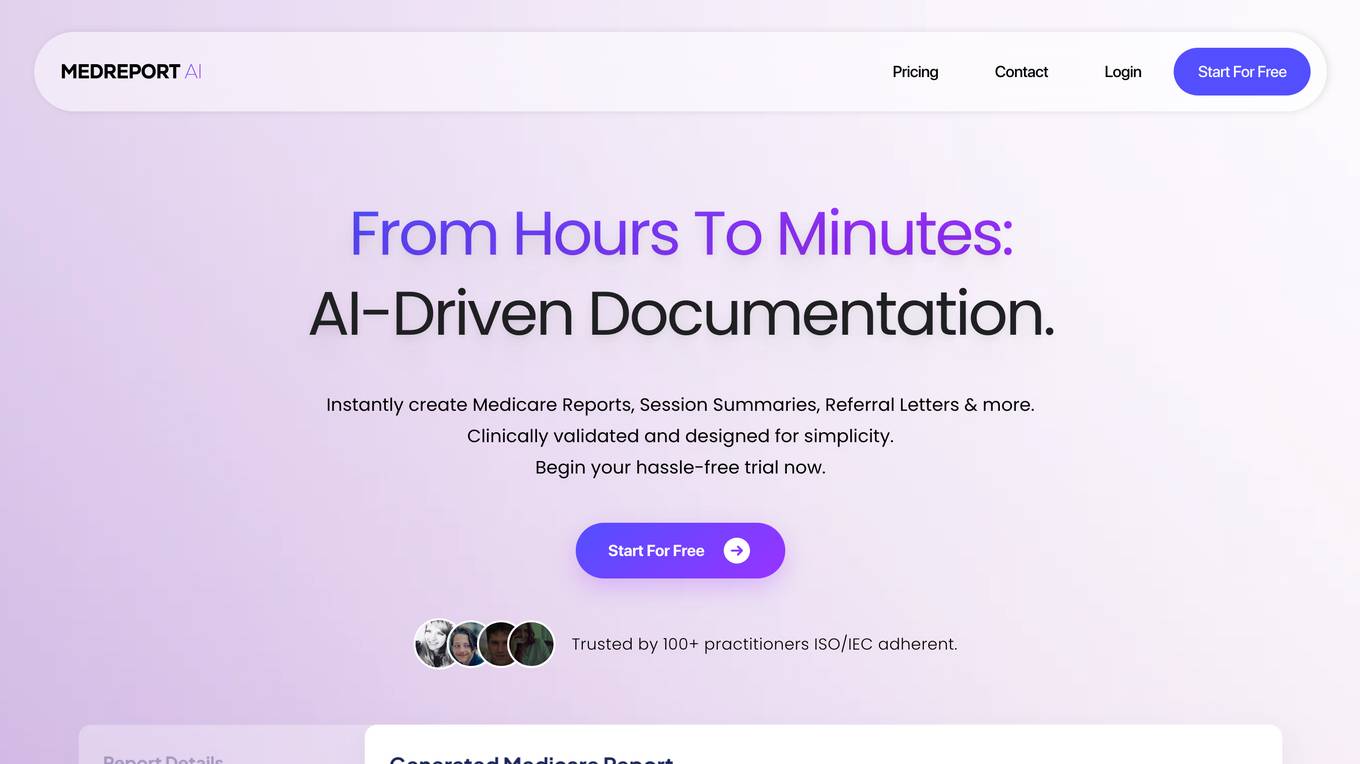
N/A
The website is currently displaying a '403 Forbidden' error message, which indicates that the server understood the request but refuses to authorize it. This error is typically caused by insufficient permissions or misconfiguration on the server side. The 'openresty' mentioned in the message refers to a web platform based on NGINX and LuaJIT, often used for building high-performance web applications. It seems that the website is currently inaccessible due to server-side issues.
0 - Open Source AI Tools
5 - OpenAI Gpts

Chip
"Chip" refers to the chip on this bot's shoulder. he's...not friendly. But he's still helpful, even when he's insulting you.

GPTLaudos
Olá radiologista. Para começar, digite /prelim e escreva o tipo de exame e os seus achados preliminares, logo em seguida enviarei o laudo completo!
